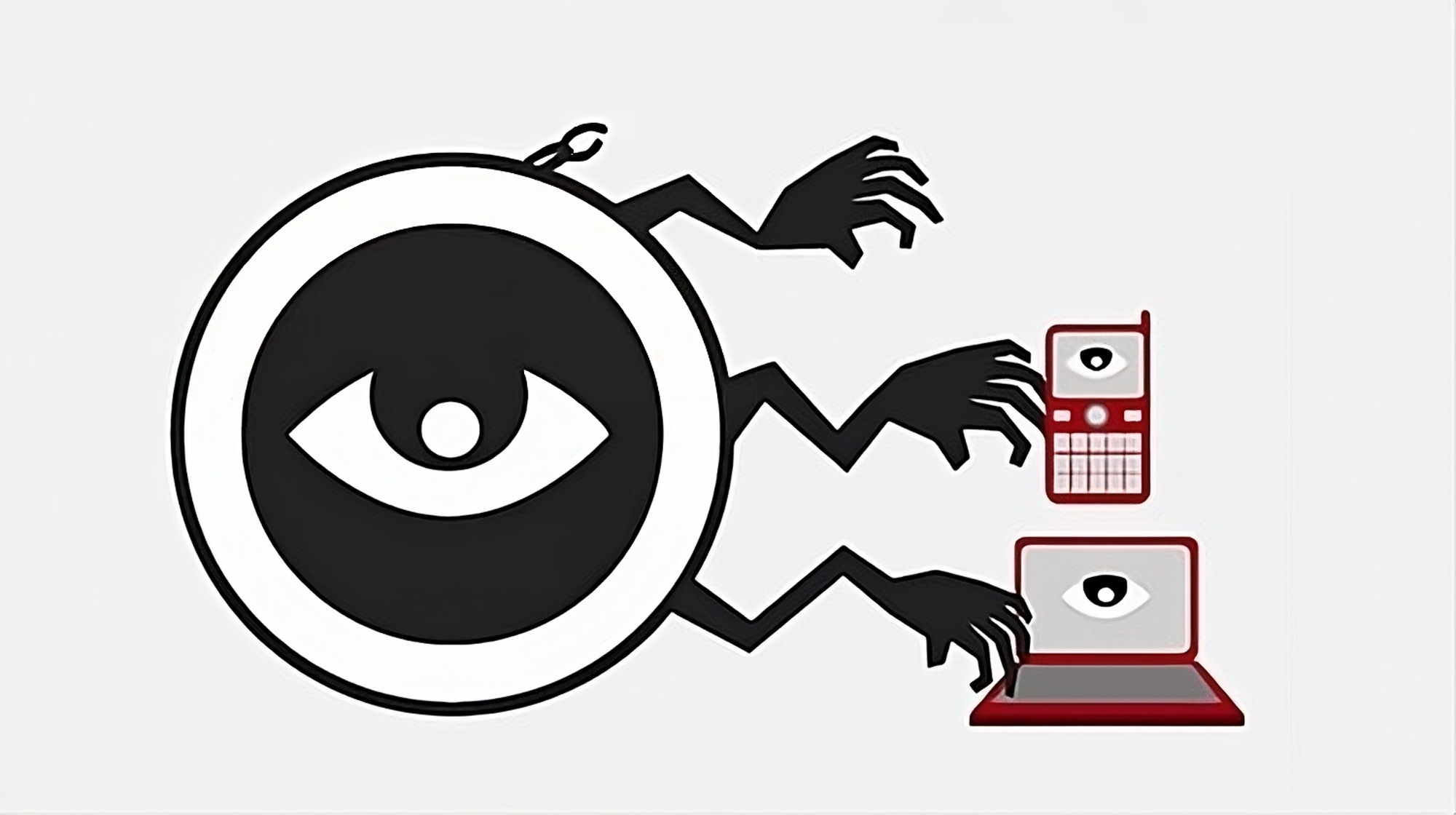In a world where cybersecurity threats seem to be lurking at every corner, one of the most insidious and lesser-known dangers is the Man-in-the-Middle (MitM) attack. This malicious tactic undermines the very foundation of web encryption, and what’s truly shocking is how it’s being leveraged, not just by hackers, but by governments and employers worldwide, thanks to a lack of public awareness about the technology.
The Russian Revelation
Imagine this scenario: In Russia, citizens are required to download and install a particular program to access some government services online. This seemingly innocuous task, however, sets in motion a sinister process that the average person doesn’t understand. The result? The unwitting installation of a program that completely dismantles web encryption, including the widely-used TLS (Transport Layer Security). This may sound like an isolated incident, but it’s not. It’s a symptom of a much larger problem that extends far beyond Russia.
A Closer Look at RSA Certificates
To understand this threat, we need to delve into RSA certificates, the backbone of web encryption. RSA certificates consist of a public key (known to everyone) and a private key (a closely guarded secret). Public keys are used to encrypt messages, while private keys are required for decryption. The assumption is that only the intended recipient has access to the private key. But, what happens when the assumption is broken?
Trusted Certificate Authorities: The Weak Link
To ensure the integrity of the system, a chain of trusted Certificate Authorities (CAs) exists. These organizations are supposed to be credible entities with rigorous security measures. However, they’re not infallible. If someone installs an alternate root certificate, they can issue fake certificates for any website, and these fake certificates grant them access to sensitive information.
The Case of Avas Antivirus
A perfect example of this is Avas Antivirus. When you install Avas, it creates a fake root certificate. This means Avas has access to all the data that passes through your computer, compromising your privacy. Avas claims this is to detect phishing scams, but whether this is their only motive is a matter of debate.
A Global Issue
This issue extends far beyond antivirus software. Governments, particularly in authoritarian regimes, often employ the same tactic. By creating a fake root certificate, they gain access to your internet traffic, from your banking transactions to your private conversations.
The Specter of Mass Surveillance
In the hands of a large entity, such as a state, this becomes a tool for mass surveillance, turning the promise of internet security into a façade. This is a significant problem, as standard internet encryption is built on a foundation of trust, which can easily be exploited if this trust is compromised.
Protecting Your Privacy
So, how can you protect yourself from this hidden threat? One way is to use a tool or app that checks for the presence of a Man-in-the-Middle attack. This can be a challenge, especially on mobile devices, but there are tools available for Android that can help.
The Role of Tech Companies
We should also scrutinize the root certificates installed on our devices. Tech companies like Microsoft and Apple have their own certificates, which can pose potential privacy risks. It’s essential to be vigilant and decide which certificates you genuinely trust.
Your Privacy Matters
In a world where privacy is a precious commodity, it’s crucial to be aware of these hidden threats to your online security. The promise of encrypted connections, denoted by the padlock in your browser, is only as strong as the trust underpinning it. The erosion of that trust has far-reaching consequences for all of us.
Stay Informed, Stay Secure
As we navigate the complexities of the digital world, it’s essential to stay informed about these potential threats. Awareness is the first line of defense. Protecting your online privacy is not just about technology; it’s a matter of safeguarding your fundamental rights.

Cloudflre MITMs something like 30% of the internet.